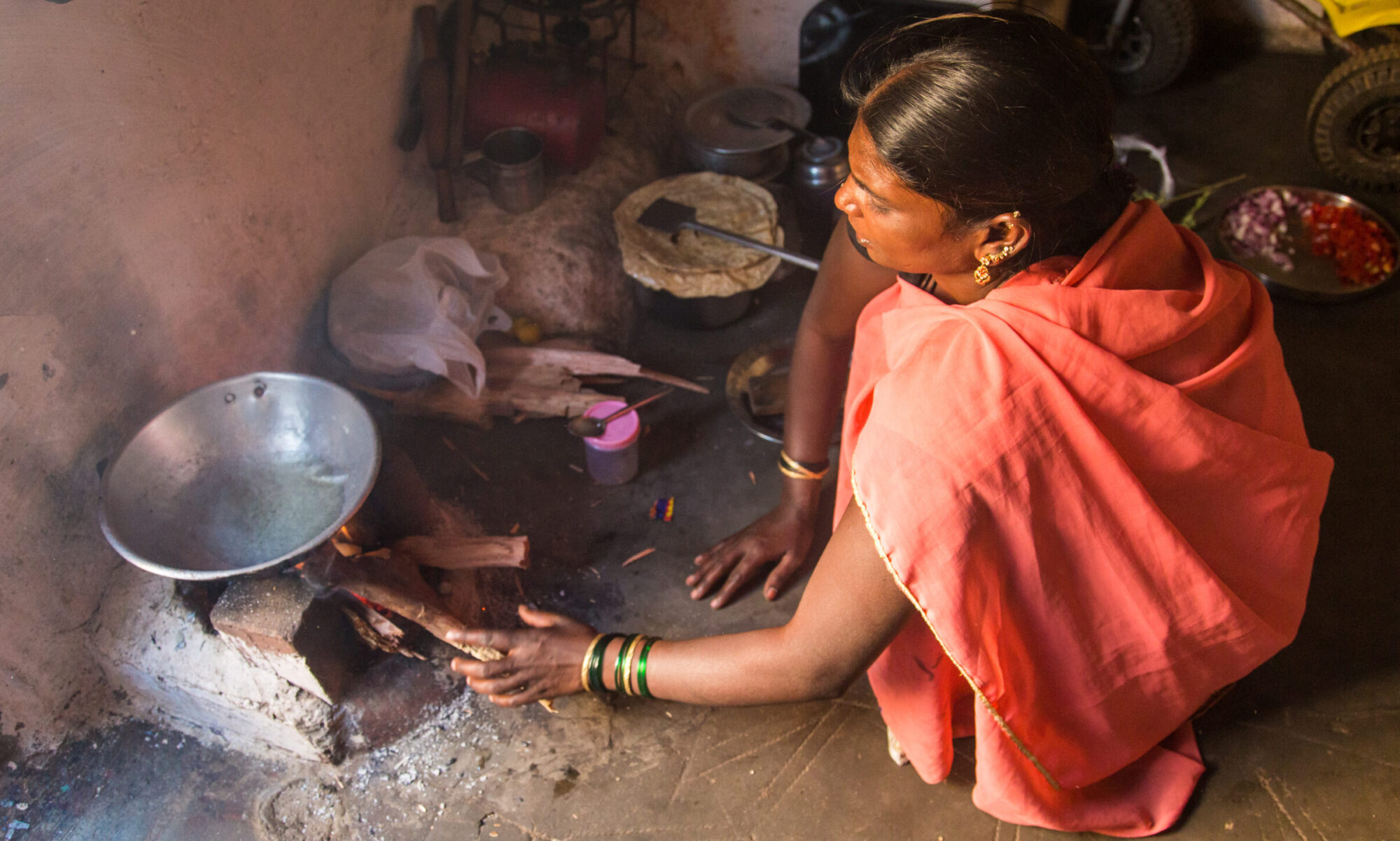Accelerating access to cleaner solutions is crucial to reduce the negative effects of solid fuel use. Encouraging adoption and sustained use has proven challenging and overcoming barriers is complex. We developed two practical implementation tools to optimse the implementation of cleaner cooking solutions. These were published in the Lancet Planetary Health.
You can access the publication here: https://www.thelancet.com/action/showPdf?pii=S2542-5196%2822%2900094-8
Abstract: 2∙6 billion people rely on solid fuels for cooking or heating. Accelerating access to cleaner solutions is crucial to reduce the negative effects of solid fuel use. Despite abundant evidence on how to implement these solutions, previous attempts have been disappointing. An overview of the evidence is missing and the translation of the evidence into practice is poor. We conducted an umbrella review using eight databases to: consolidate evidence on the factors that influence the implementation of improved solid fuel cookstoves and clean fuels in low-income and middleincome countries; weigh the level of confidence in existing evidence; and develop two practical implementation strategy tools. We identified 31 relevant reviews (13 systematic reviews and 18 narrative reviews) that covered over 479 primary studies. We found 15 implementation factors supported by the highest level of evidence. Regarding improved solid fuel cookstoves, these factors included: cost; knowledge and beliefs about the innovation; and compatibility. For clean fuels these factors included: cost; knowledge and beliefs about the innovation; and external policy and incentives. The factors were synthesised into the Cleaner Cookstove Implementation Tool and the Clean Fuel Implementation Tool. These tools can be used to optimise the implementation of cleaner cooking solutions, thereby improving health, environmental, climate, and gender equity outcomes.
